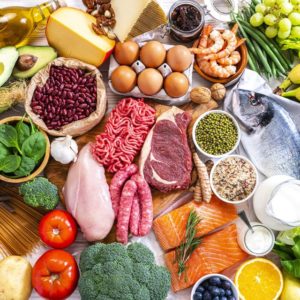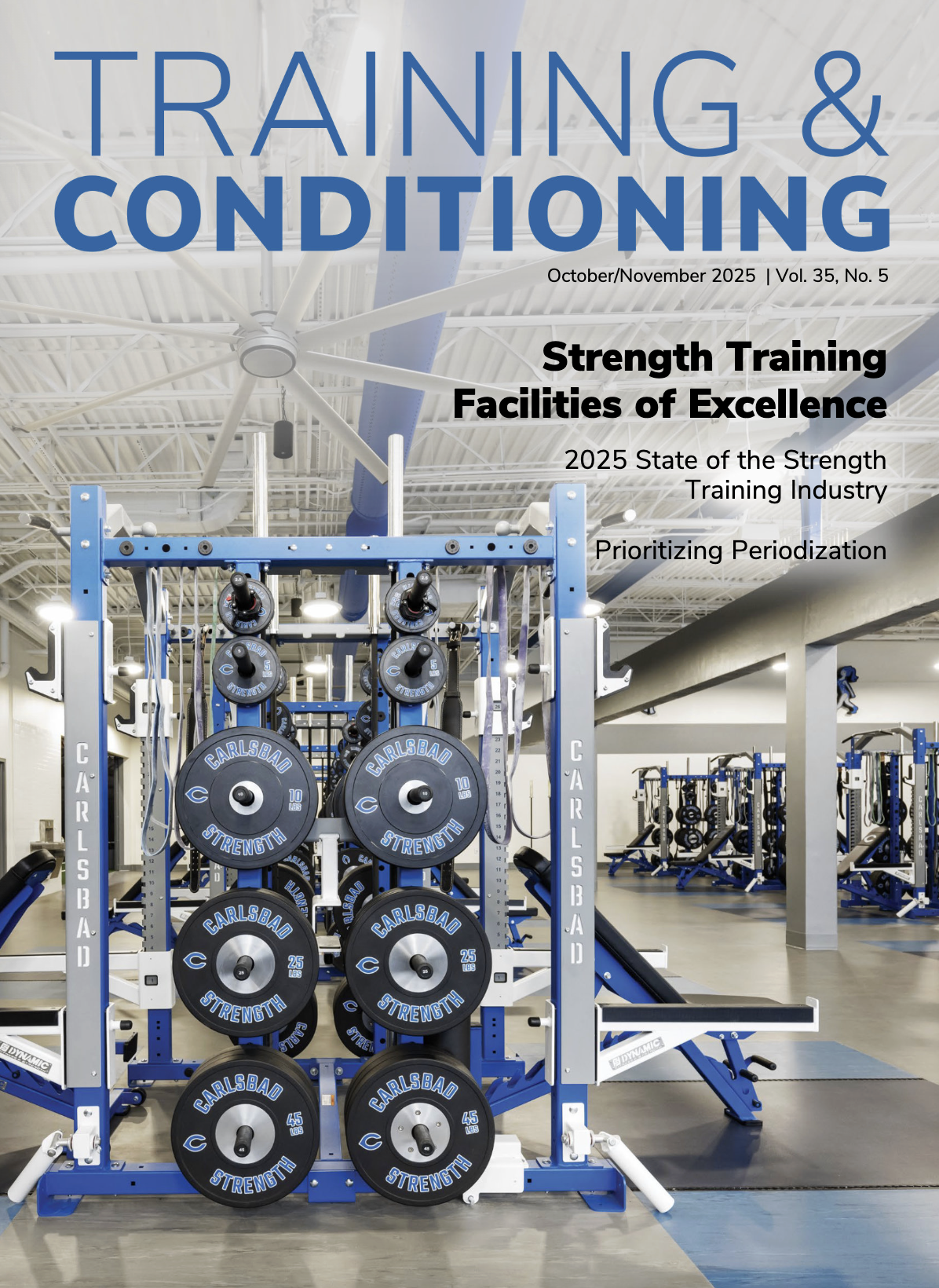Aug 20, 2024Fueling the busy student-athlete
Student-athletes have a lot on their plates. But that should be even more reason to ensure they are fueling properly to perform at their peak.
For a recent story with Kettering Health, Dr. Cindy Cassell, a sports medicine clinical dietitian, detailed what student-athletes should be eating to remain fit and fueled.
 Below is an excerpt from the Kettering Health story.
Below is an excerpt from the Kettering Health story.
Younger athletes, Dr. Cassell points out, need more calories to keep up with their above-average energy needs. “A huge part of sports nutrition is making sure the given athlete is taking in enough calories to fuel the body to provide enough energy to perform.”
But, as she continues, “Most people either don’t eat enough or eat too much of the wrong things.” In either case, the body doesn’t have enough food to convert into energy. This can lead to sluggishness, mental fog, and poor sleep, affecting the body’s ability to repair itself at night.
Not consuming enough calories can also lead to RED-S, or relative energy deficiency in sports. This happens after an intentional restriction of calories, but also from accidentally not consuming enough—often due to students’ busy lives. RED-S can lead to
- Lack of energy
- Low bone density
- Menstruation irregularities (amenorrhea)
RED-S, if ignored, can lead to severe health issues. Parents and coaches should watch to see if their child or athlete is
- Overly fatigued
- Not sleeping well
- Losing weight dramatically
- Sick often
Good nutrition for student-athletes starts not with supplements or “diet hacks,” but with balanced meals.
Their meals should include
- Protein, to build and restore muscles, and improve immune system functioning
- Healthy fats, for brain and hormone health
- Carbs, for quick-burning fuel
Along with plenty of fruits and veggies for sugar, vitamins, and minerals.
Dr. Cassell also points to yogurt and nuts as excellent snacks full of quality calories. “Nuts often get a bad reputation,” she says, “because they are high in calories and fats. But these are good fats that your body uses for energy.”
» ALSO SEE: Are you more likely to suffer a concussion on grass or artificial turf?
Almonds, peanuts, and pistachios are especially high in protein, fiber, and some carbs—fueling the body better and longer than a candy bar.
She also recommends snack options like
- Almonds and peanuts
- High-fiber cereals like Kashi
- Lactose-free milk
To read the full story from Kettering Health, click here.


